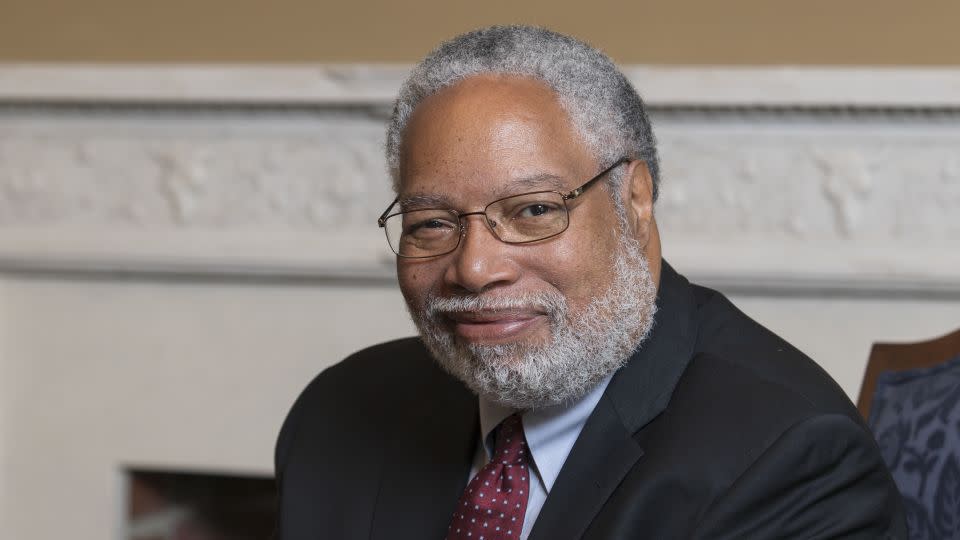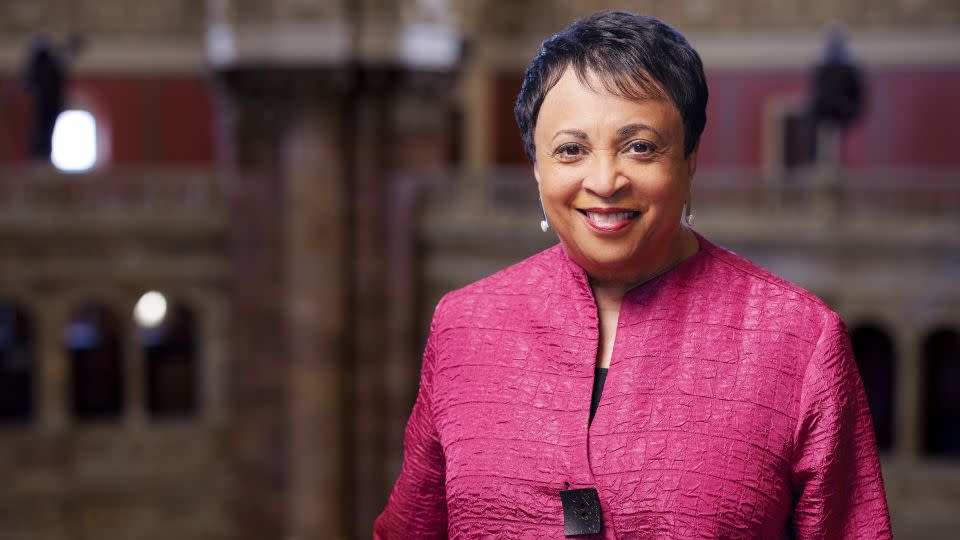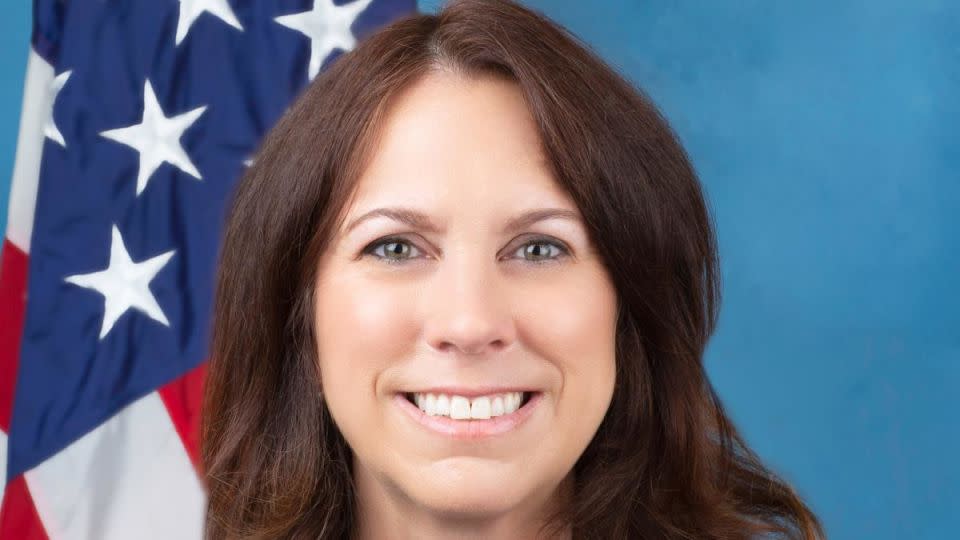Opinion: This July 4th weekend, a different way to celebrate the history we share
Editor’s Note: Lonnie G. Bunch III is the Secretary of the Smithsonian Institution. Carla Hayden is the Librarian of Congress. Colleen Shogan, Archivist of the United States. The views expressed in this commentary are their own. Read more opinion at CNN.
The American flag that flew over Fort McHenry in Baltimore, Maryland, during the War of 1812 and inspired Francis Scott Key to write “The Star-Spangled Banner” is just one of the precious artifacts displayed at the Smithsonian’s National Museum of American History, viewed by many thousands of visitors each year. This and every Fourth of July, the Fort McHenry flag —and every American flag — resonates as a symbol of freedom, opportunity, equality around the world and of the individual rights that form the linchpin of our democracy.

Never has public access to such revered artifacts been more important. Proximity affords a way not only to appreciate our common history, but to bind us together in these sometimes-fractious times with a sense of common purpose. Indeed, our collective memory — the shared remembrance and understanding of the events and artifacts that shape our past and present — is critical to an engaged and informed citizenry.
Today, however, our nation’s collective memory is at risk. University budget cuts have created a shortage of history professors and the number of college history majors is less than half of what it was two decades ago. In some states and school districts, history and civics curricula have been restricted or abandoned. According to the National Assessment of Educational Progress, the average US history score for eighth graders decreased by nine points from 2014 to 2022, and civics scores declined for the first time.

As the leaders of three cherished cultural institutions — The Smithsonian, the Library of Congress and the National Archives —we are mindful of the critical moment at which our nation finds itself. We know that the institutions we head are more important than ever as trustworthy sources of history that can refresh our collective memory, reservoirs that students, teachers and parents can dip into to quench their thirst for knowledge. We help preserve America’s history, maintain its relevance and impart it to future generations.
This Fourth of July, experience American history at a museum, library or archive. Here is what you’ll find at ours.

Among the billions of papers in the National Archives in Washington, DC are some of the most moving documents illuminating key moments in American history, including the Emancipation Proclamation, the 19th Amendment removing voting restrictions for women and the Marshall Plan that helped rebuild a democratic Europe after World War II.
Visitors to the Archives can see in person copies of the Declaration of Independence, the Constitution and the Bill of Rights, evaluate the enduring legacy of the principles the founders inscribed on those pieces of parchment and contemplate the audacity of a nation conceived in liberty and self-governance.
The Smithsonian’s artifacts and archives capture the sweep of American history and the nation’s democratic principles, from the aforementioned flag that flew over Fort McHenry, to the portable desk Thomas Jefferson used to pen the Declaration of Independence, to the Woolworth’s lunch counter that helped inspire the Civil Rights Movement.

The Library of Congress is home to a vast array of documents, photographs and other materials that bring our nation’s history to life, from President Abraham Lincoln’s handwritten copies of the Gettysburg Address to first-hand accounts of US military veterans who have served our nation since World War I. Starting this month, visitors to the Library can experience them up close at the new exhibition, “Collecting Memories: Treasures from the Library of Congress” in the new David M. Rubenstein Treasures Gallery.
Looking ahead to our nation’s 250th anniversary, the National Museum of American History realized that preserving our collective memory would need a collective educational effort. It prompted them to create “Made By Us,” a collaboration with the National Archives Foundation and several other founding partners. Since it was launched in 2020, hundreds more cultural and civic institutions from the Atlanta History Center to the First Americans Museum to the Japanese American National Museum have joined to inform and inspire young adults’ participation in civic life.
In two short years, as we mark our nation’s 250th anniversary, many of those eighth graders mentioned above who have experienced declining civics grades in the classroom will graduate from high school and assume the responsibilities of adulthood and citizenship.
To secure a better future for them and for all of us, we need a renewed commitment to understanding civics and history. One annual flagship program run by the Smithsonian, “Civic Season,” offers one opportunity to achieve that. It spans the two federal holidays that embody the struggle to realize the ideals of freedom and justice for all: Juneteenth (June 19), commemorating emancipated enslaved people in Texas discovering they had won their freedom, and Independence Day (July 4).
Many of our institutions’ myriad digital resources are available as part of “Civic Season,” including an online exhibition of the life and works of author and activist James Baldwin at the Smithsonian’s National Museum of African American History and Culture, the National Archives’ activity using documents to teach high school students about Indigenous peoples’ fight for universal suffrage and the Library of Congress’s “Our Common Purpose” series of conversations exploring civic life.
One can tell a great deal about a country not just by what it remembers, but by what it chooses to forget. Our myriad exhibitions and activities show how three of the nation’s premier cultural institutions – sometimes working together, sometimes individually – help to preserve our collective memory.
As we celebrate our freedoms this summer, we must resist efforts to smooth the rough edges of our history and instead listen to the advice of the founders and perfect our union — by proudly remembering the richness of our shared past.
For more CNN news and newsletters create an account at CNN.com

 Yahoo News
Yahoo News 
